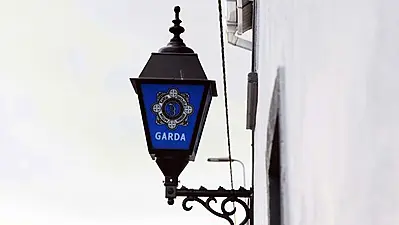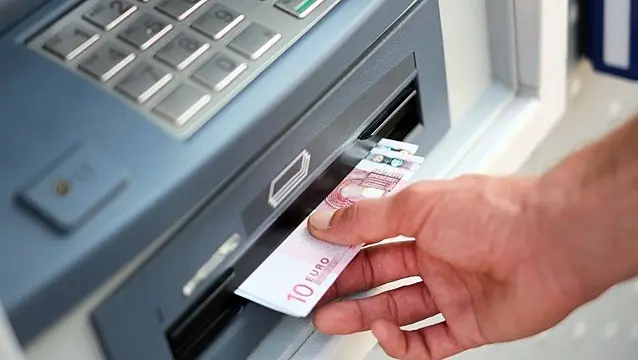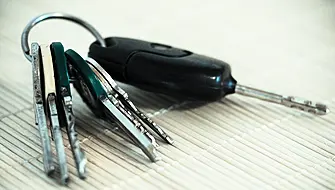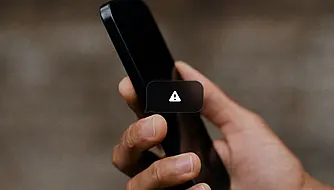More than €12 million from frauds was illegally transferred via money mule accounts in the first six months of the year, according to new data.
The number of bank accounts linked to money mules also doubled over the same time period to over 3,000.
Most of those accounts were owned, or had been opened specifically for muling, by young people aged between 18 and 24, with some as young as 15.
Intelligence from Irish banks also shows the value of an average transaction conducted by a mule in the first half of this year was €4,000, arising from wide range of online, call-based and text-based scams.
The Banking and Payments Federation Ireland (BPFI) released the new data in a bid to discourage people from accepting offers of "quick and easy cash" in exchange for use of their bank account.
Niamh Davenport, head of financial crime at the BPFI, said: "With our latest figures showing a sharp increase in the numbers of money mule accounts in operation, we are appealing to all consumers to be on high alert to the dangers of this crime.
"Those most susceptible to being targeted are often financially vulnerable groups including students, those who are unemployed and people in economic hardship.
"And as the cost-of-living crisis deepens over the coming winter months, we are particularly concerned that criminals engaging in money mule recruitment will seek to capitalise on this."
Earlier this month, An Garda Síochána confirmed that more than 830 money mules had been identified in the State in recent years.
Penalties include a prison sentence of up to 14 years, a criminal conviction with a lifetime criminal record, extradition to the country where the predicate crime occurred, and not being permitted to open another bank account.
Warning signs
Gardaí said young people should be aware of the warning signs. For instance, an approach via a social media platform or in-person (usually in a social setting or at college) with an offer to make easy money.
There can also be advertisements for jobs on online platforms offering seemingly easy or quick money that are in fact a recruitment front for money mules, according to gardaí.

Anyone who thinks they are being approached to become a money mule should refuse to provide their bank details and contact An Garda Síochána. If an account has already been compromised, the account holder should contact their bank and gardaí.
Det Supt Michael Cryan of the Garda National Economic Crime Bureau said those who allow their bank account to be used may not realise they are involved with international criminal groups.
"It seems quite simple and at the same time quite lucrative, but the reality is that those who allow their bank account to be used are taking a huge personal risk. More than that, they are in essence assisting ruthless criminals involved in human trafficking, people smuggling, terrorism, and even wars," he said.
"An Garda Síochána is sending this warning because it isn’t the hardened criminal's face on CCTV at an ATM. It isn’t their phone number or bank account details linked to the transfer of illegal gains – it’s those of the money mule – if an offer sounds too good to be true it probably is. There is no easy money to be made."







